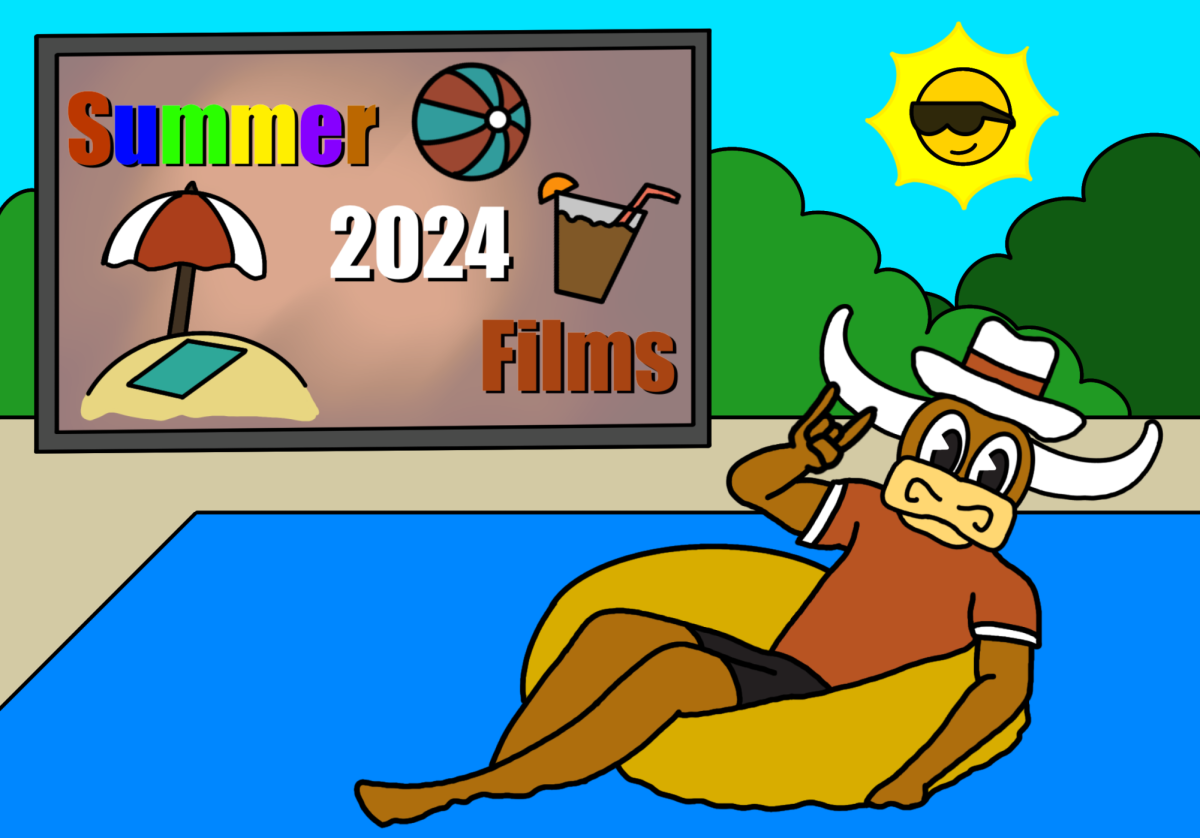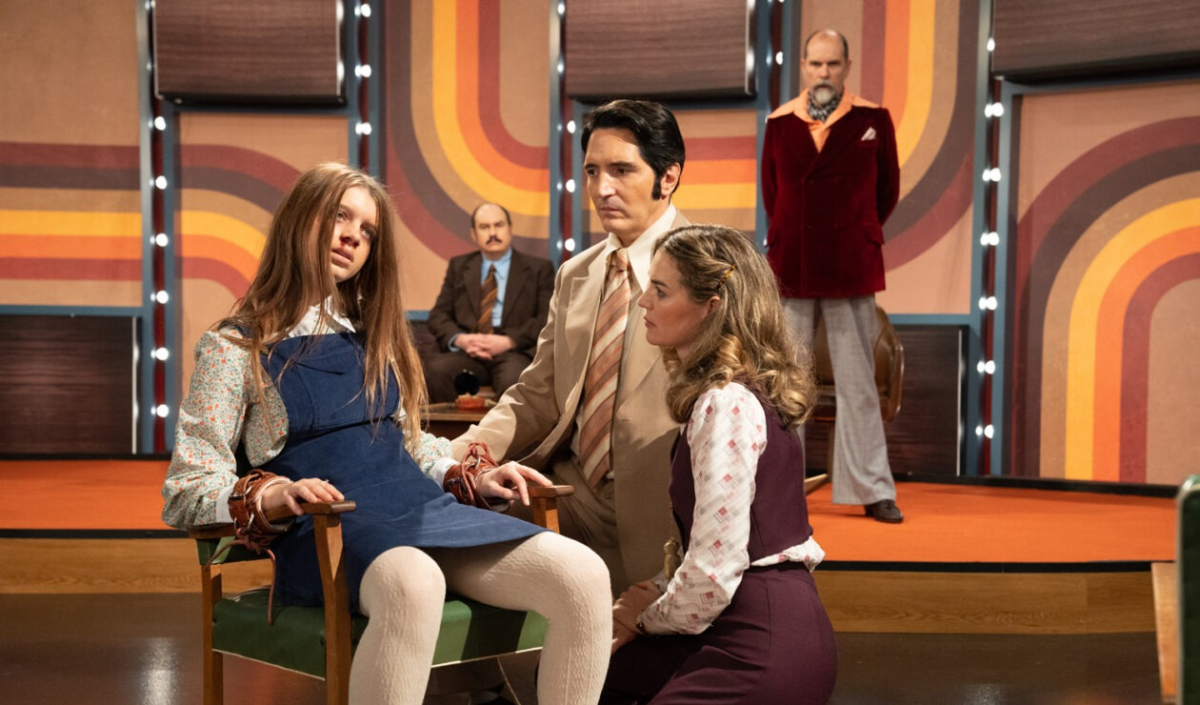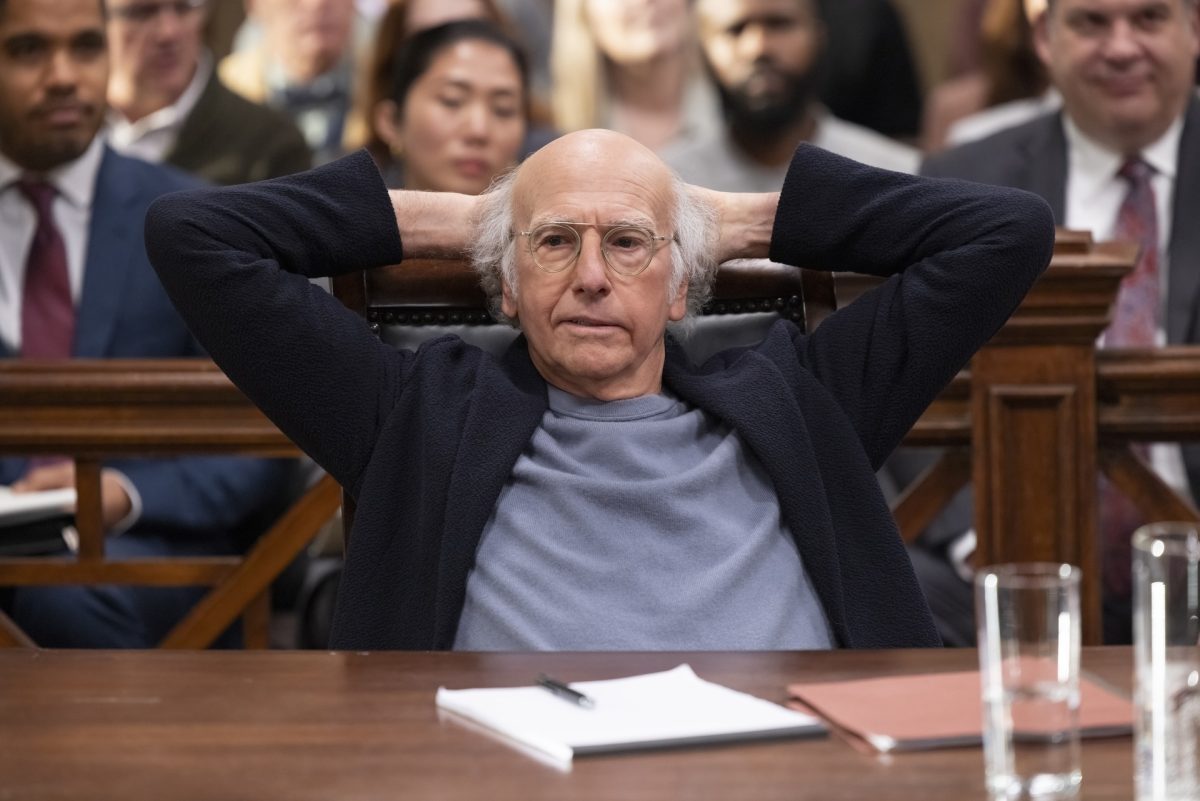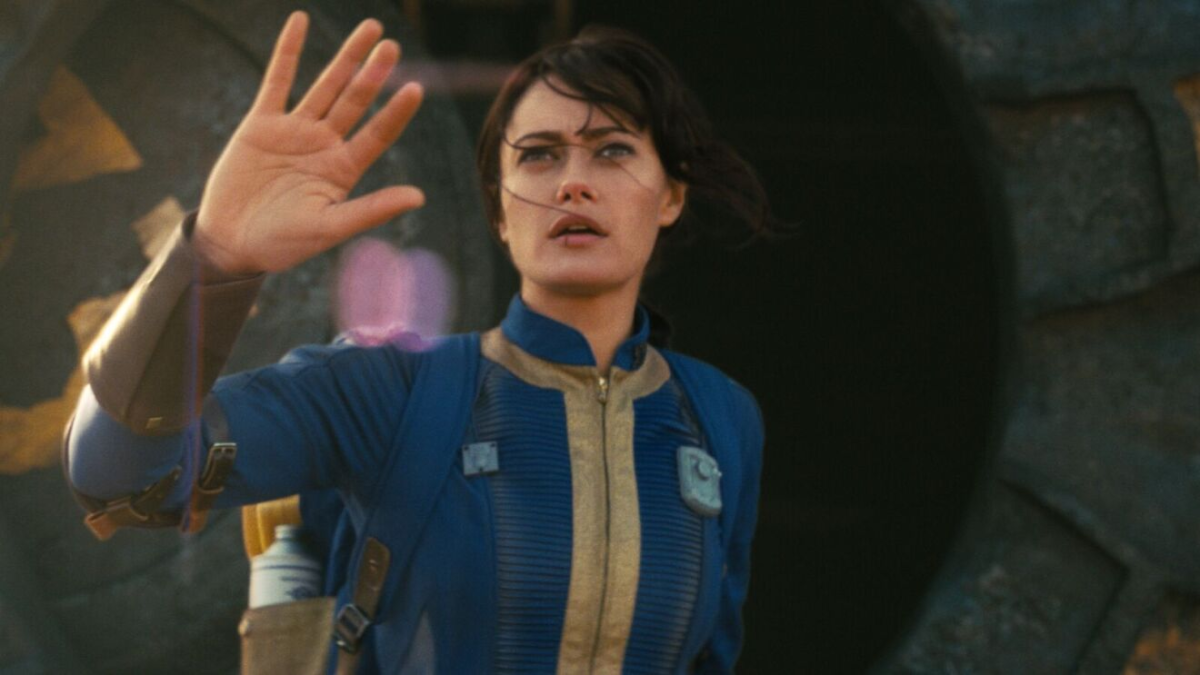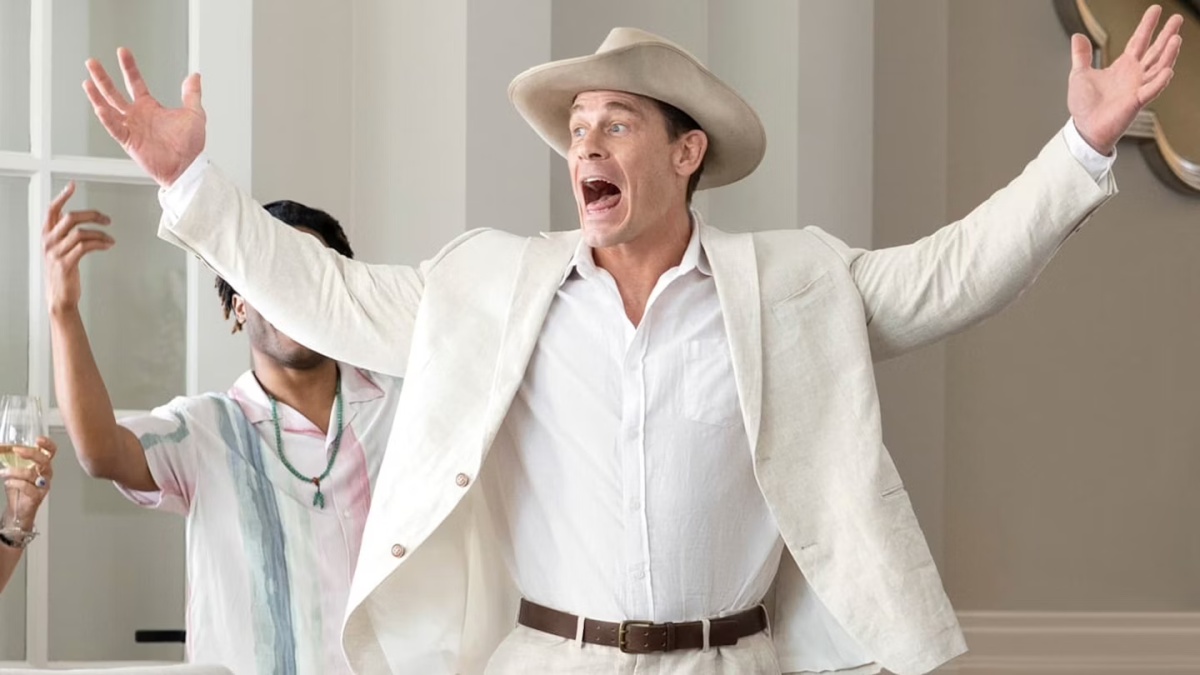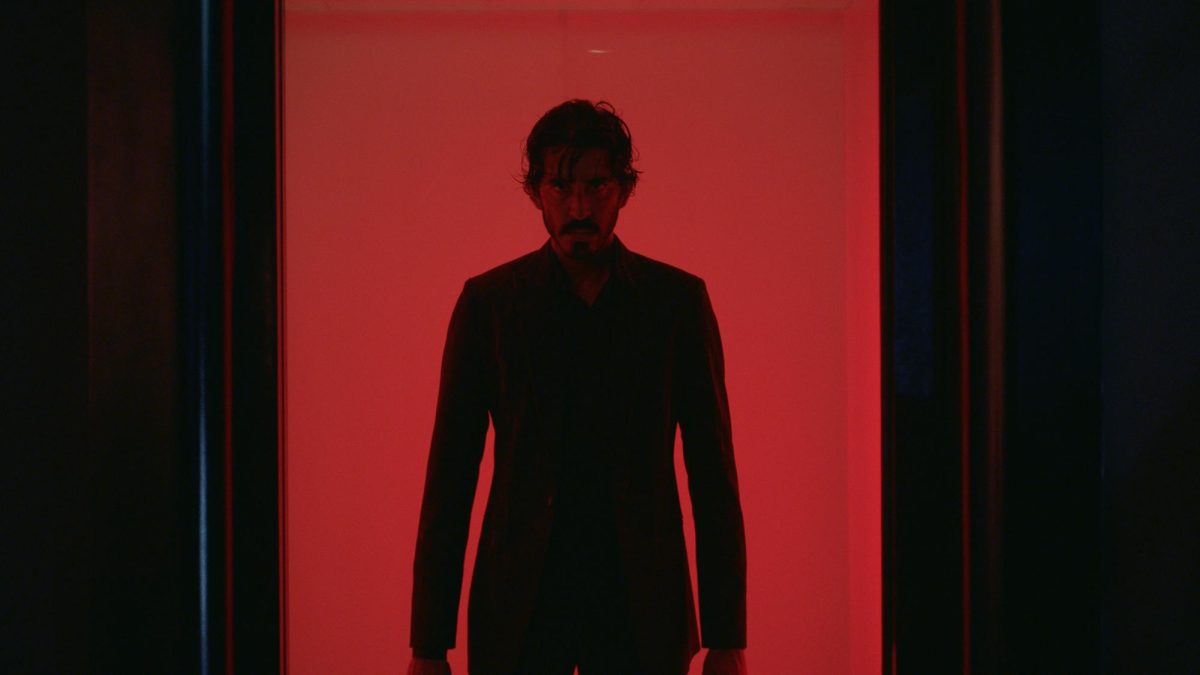With his second major film “Beginners,” writer-director Mike Mills drew greatly from his own life in creating the story of Oliver (Ewan McGregor), who learns that his father Hal (Christopher Plummer) is gay after his mother dies. The deeply personal content of the film gives it an authentic, human feeling and Melanie Laurent is wonderful as Anna, the radiant dream girl Oliver falls for.
Much like Oliver in the film, Mills worked as a graphic designer and artist before “Thumbsucker,” his feature film debut in 2005. Mills is married to fellow film director Miranda July, whose new film “The Future” also played at this year’s South By Southwest Festival.
The Daily Texan interviewed Mills when “Beginners” screened at the SXSW Film Festival this March.
The Daily Texan: What were some real life experiences that inspired this film?
Mike Mills: It did start with my dad coming out of the closet when he was 75, and he did pass away four to five years later. My parents were married in 1955, so it all really starts with that biography, that real stuff. But really, by the time you write it for a few years, it’s pretty much a fiction. Or my version of some things that happened. I could write other versions, my sister’s version or my dad’s version of what happened. It’s a weird hybrid to me.
DT: Was it difficult to view the film subjectively since it’s so personal?
MM: Yes and no. Maybe when I first started writing it; it was really murky, and my dad had just passed away, so I was really in that sort of grief high. Like, you’re very unsober in grieving time. By the time, years later, I’m done with the script and shooting the film, it’s very much a separate thing. I never look at Plummer and think that he’s my dad. I never look at Ewan and think that’s me. He’s way too good-looking. So it’s a story and it’s based on some things, but the key thing was telling those guys, “You can’t just be me. You have to help me not make this some downward looking memoir thing. It has to be a story that reaches out.” My dad’s ghost, I can hear him loud and clear, saying, “Michael, if you’re gonna make this, make it for everybody. Don’t be self-involved.” And that was my challenge and mantra from the get-go.
DT: How did you decide on Christopher Plummer to play Hal?
MM: I had to decide on Ewan first. I really wanted it to feel like a family. Christopher was, of course, in my mind, and it wasn’t until I had Ewan that I was like, “Oh, they would make a family.” They really actually look kind of similar and have the right vibe for each other. One of the reasons that really makes it so great is that a big part of the story to me is that it’s really different if you’re born in 1925, like my dad was. You have really different historical options open to you and a whole different world. And Christopher being born in 1929 really embodies so much of that culture and that kind of difference. Really, those people are different than us, and he has that in spades. It’s so natural for him. And then he’s just really good at story. It’s weird to meet an actor that thinks in terms of the whole story that much.
DT: Can you tell me about those scenes where you compare different years?
MM: From the beginning, once I had that, I was like, “Oh, I have the movie. I wanna say so much, how am I going to say all this?” To me, that’s what the movie is about. It’s like what was historically available emotionally for my parents in 1955 that made them make that choice to get married, even though they knew my dad was gay. What made my dad do all that? And then in 2003, with these people, what’s the world that we can live in now. What can we say? What can we do? Which Oliver kind of says about being in love. So, I love that kind of filmmaking where you break open the story and can kind of look at it from a different angle. That’s the kind of stuff that excites me.
DT: Why did you choose to set the film in 2003?
MM: Partly because that’s close to the time my dad did pass away, and as time went on, and I was writing the script and not getting it done and not getting it financed, it got farther away from being able to say my parents were married in 1955. But then I was like, 2003, what a weird year. How odd. That excited me. How every film, when you set a film in the present, it’s supposed to be a historical — historically neutral somehow. But that sort of reminds everybody that in 2003, your emotional life, your sexual choices, your relationships are part of our culture and what our culture encourages and doesn’t encourage and makes available and doesn’t make available.
DT: Where did the idea for having the dog speak in subtitles come from?
MM: Well, I inherited my dad’s Jack Russell and Jack Russells are very specific. I’m a real animal nut, and I have a border collie. Jack Russells and Border Collies are very intelligent animals that stare at you all the time. I would talk to my dog all the time. I have very normal conversations with my dog and I’m pretty sure my dog gets a lot of it. And I have a habit of talking back for the dog. I’ll just say what I’m imagining the dog saying to me, and I’m talking about what’s on the radio or whatever. So I just have that really weird habit, so I just sort of flipped it into the movie, with subtitles. It’s not the dog talking. I hope everybody gets that. It’s Oliver’s projection onto the dog.
DT: What are you working on next?
MM: Writing. It’s too early to really say, but in this movie, while it’s about all these heavy things, I was really excited to figure out that I could be funny. And got a little more confident with that idea, so I hope to make something funny next.
Printed on 06/23/2011 as: Movie director shares stories behind making 'Beginners'









